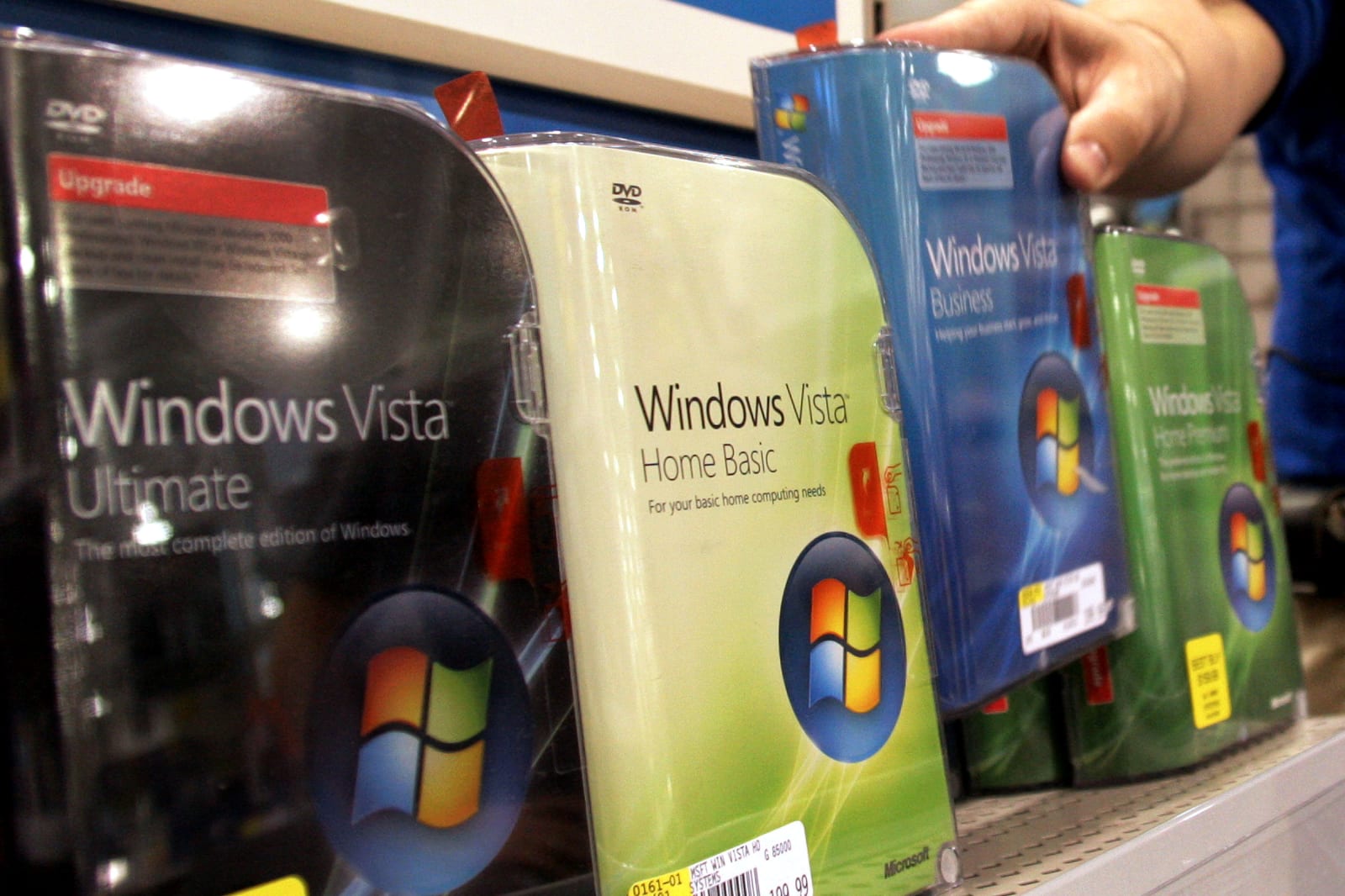 Chrome turned 21 last week, and in that new version, Google's made playing Flash videos in its browser even safer... for Windows users, anyway. This latest release puts Adobe's Flash Player plug-in for Windows in a sandbox, much as Chrome 20 did for Linux. This sandbox is "as strong" as Chrome's extremely robust native version -- even in Windows XP -- which means that Flash-borne malware can't hurt Microsofties. Securing the Flash Player plug-in is the result of two years of work, and was made possible by a new plug-in architecture Google co-developed with Adobe. In addition to the security benefits, the architecture has also brought performance improvements by way of a 20 percent decrease in Flash crashes and GPU acceleration for smoother scrolling and faster Flash rendering. And, while the immediate good news is for Windows users, Google has assured us that a port for OS X is in the works, and it hopes to ship that Mac version soon.
Chrome turned 21 last week, and in that new version, Google's made playing Flash videos in its browser even safer... for Windows users, anyway. This latest release puts Adobe's Flash Player plug-in for Windows in a sandbox, much as Chrome 20 did for Linux. This sandbox is "as strong" as Chrome's extremely robust native version -- even in Windows XP -- which means that Flash-borne malware can't hurt Microsofties. Securing the Flash Player plug-in is the result of two years of work, and was made possible by a new plug-in architecture Google co-developed with Adobe. In addition to the security benefits, the architecture has also brought performance improvements by way of a 20 percent decrease in Flash crashes and GPU acceleration for smoother scrolling and faster Flash rendering. And, while the immediate good news is for Windows users, Google has assured us that a port for OS X is in the works, and it hopes to ship that Mac version soon.
Filed under: Internet, Software
Google Chrome for Windows gets more secure Flash player, gives users a browsing sandbox safety net originally appeared on Engadget on Wed, 08 Aug 2012 19:37:00 EDT. Please see our terms for use of feeds.
Permalink  The Verge
The Verge |
 Chromium Blog, Google Chrome Blog
Chromium Blog, Google Chrome Blog |
Email this |
Comments
 Ah, 2007: the days when Windows Vista was all the rage (or inducing rage), the Apple TV was brand new and music download stores were the hottest way to get the latest albums. Apple certainly remembers that year... and would like you to move on. The c...
Ah, 2007: the days when Windows Vista was all the rage (or inducing rage), the Apple TV was brand new and music download stores were the hottest way to get the latest albums. Apple certainly remembers that year... and would like you to move on. The c...
 Ah, 2007: the days when Windows Vista was all the rage (or inducing rage), the Apple TV was brand new and music download stores were the hottest way to get the latest albums. Apple certainly remembers that year... and would like you to move on. The c...
Ah, 2007: the days when Windows Vista was all the rage (or inducing rage), the Apple TV was brand new and music download stores were the hottest way to get the latest albums. Apple certainly remembers that year... and would like you to move on. The c...
 If you're still using Windows 7 or Windows 8, there's another security issue you need to be aware of aside from Wannacry. This one won't hold your computer ransom for bitcoin, though. Actually, it might be more annoying than it is dangerous. Research...
If you're still using Windows 7 or Windows 8, there's another security issue you need to be aware of aside from Wannacry. This one won't hold your computer ransom for bitcoin, though. Actually, it might be more annoying than it is dangerous. Research...
 The old wives' truism that Windows operating systems alternate between great and skippable editions held true through the 2000s, and nowhere was that more evident than Vista. It appeared between the venerable XP and still-chugging 7 with a new interf...
The old wives' truism that Windows operating systems alternate between great and skippable editions held true through the 2000s, and nowhere was that more evident than Vista. It appeared between the venerable XP and still-chugging 7 with a new interf...
 Blizzard is legendary for supporting games well after they've left store shelves. Diablo II, for instance, got a patch last June, 16 years after the action RPG shipped. However, even a committed developer has its limits. The company has announced...
Blizzard is legendary for supporting games well after they've left store shelves. Diablo II, for instance, got a patch last June, 16 years after the action RPG shipped. However, even a committed developer has its limits. The company has announced...
 Numerous web browsers have already stopped supporting Windows XP and Vista, but not Firefox. To this day, Mozilla's latest software can work with your decade-old PC. However, even that team has its limits -- it's phasing out support for XP and Vist...
Numerous web browsers have already stopped supporting Windows XP and Vista, but not Firefox. To this day, Mozilla's latest software can work with your decade-old PC. However, even that team has its limits -- it's phasing out support for XP and Vist...
 It seems like Google is looking to do a little spring cleaning. In an announcement on the official Google Chrome blog, the company noted that it will no longer support browsers on Windows XP, Vista and Mac OS X 10.6, 10.7 and 10.8 devices. Google h...
It seems like Google is looking to do a little spring cleaning. In an announcement on the official Google Chrome blog, the company noted that it will no longer support browsers on Windows XP, Vista and Mac OS X 10.6, 10.7 and 10.8 devices. Google h...





